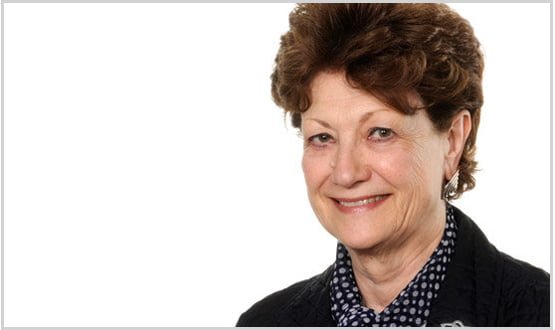The National Data Guardian for Health and Social Care (NDG) is calling for more patient discussions on commercial relationships between the NHS, universities and private companies.
Dame Fiona Caldicott has made the call following the release of the results of a poll she commissioned, which looked into public attitudes to NHS organisations using data to develop new medicines and technologies with partners.
More than 2,200 people took part in the poll, with more than half agreeing that it is fair that the NHS shares in a profit with a partner university (58%) or partner private company (56%).
Furthermore, 73% agreed that the NHS should benefit in other ways, such as by getting access to new technologies or medicines at a reduced cost.
However, more than a third did not give a view, stating they neither agreed or disagreed with the NHS sharing in profit
Dame Fiona suggsted this could be down to the fact that such issues have not been discussed enough and that discussion with patients was necessary.
She welcomed initial steps being made toward this by Understanding Patient Data, working alongside the Ada Lovelace Institute and NHS England to commission research to find out the public’s attitude toward different partnership models between the NHS and private companies wishing to use NHS data.
She also welcomed work by the Office for Life Sciences in developing a framework to realise the benefits for patients and the NHS where data underpins innovation.
Dame Fiona said: “Great benefits can be reaped for all of us if we can use the rich information that is held by the health and care system safely, carefully and with the agreement of the public and patients.
“The NHS cannot do this alone. We need to work with universities and the private sector to find new medicines, develop cutting-edge technologies, uncover insights from our data.
“Some of the public clearly are beginning to have views about how benefits from patient data can be shared for the benefit of the NHS. Supporting and extending this public conversation is crucial if we are to gain from the rich information held safely in the health and care system and retain public trust.”
Dame Fiona’s role as NDG was made statutory in March 2019 after she was appointed in 2014.
The NDG role was created in order to ensure the public can trust that health and care information is being securely safeguarded and used appropriately.
By making the role statutory, the NDG is able to issue official guidance about the processing of health and adult social care data.
It also means public bodies, such as hospitals, GPs, care homes, planners and commissioners of services will have to take note of guidance that is relevant to them.
Organisations such as private companies or charities which are delivering services for the NHS or publicly funded adult social care must also oblige.


6 July 2019 @ 20:58
IT & DATA boils down to money and Health & Social Care needs more, loads more, and the only way to bring it in is to go commercial ! That, in my mind is an essential, not just a NICE to have. There are no lies, just total lack of transparency, again, the truth is the NHS can not count your and your kid’s money Accurately and Efficiently until they transact financially @ the person level health activity (real world). The money is poured in at the top, and then, well goodness knows … be open with the truth NHS leaders or please get of the national platform and let others DO IT …
4 July 2019 @ 08:15
You can only retain public trust if you have public trust in the first place. A significant number of people do not trust the NHS with their health data; far less do they commercial organisations. This is because the lies just keep on coming. Until we are given a genuine opt-out that does not involve opting out of healthcare, there can be no trust. The so called “national data opt-out” is meaningless. The duplicity and the coercion need to stop before any trust can become even a possibility for many of us.